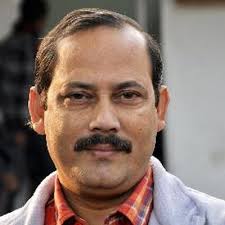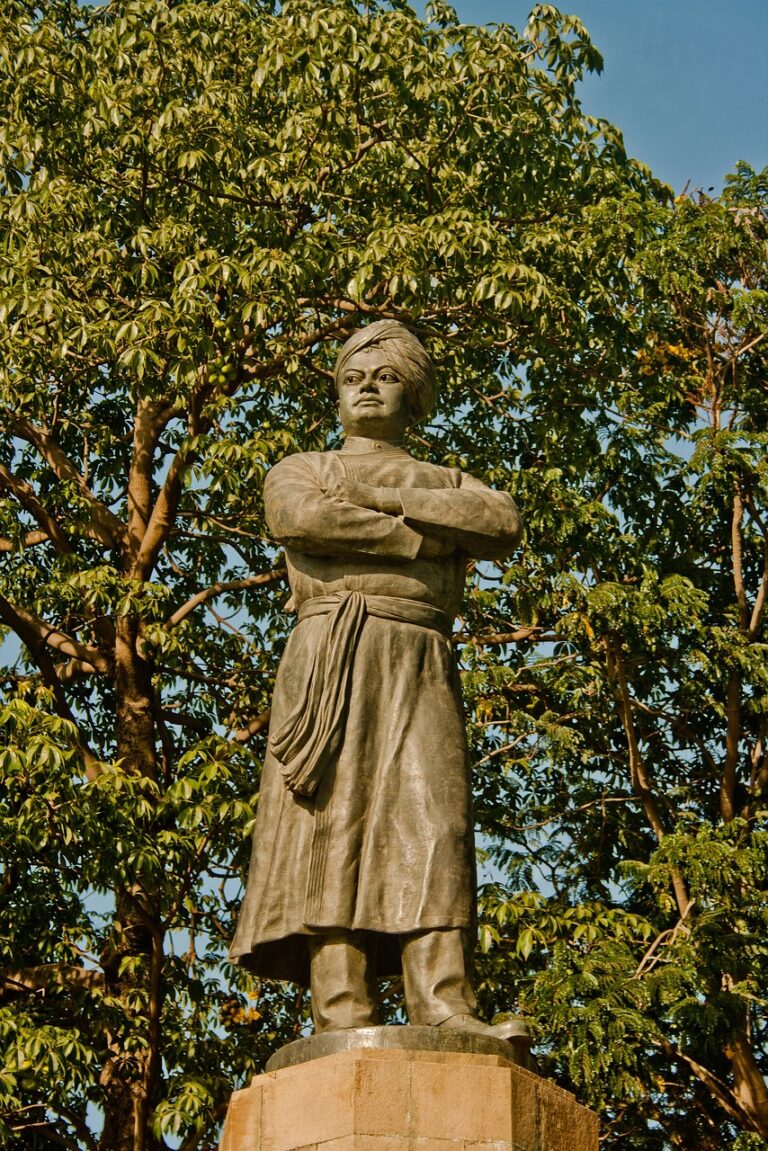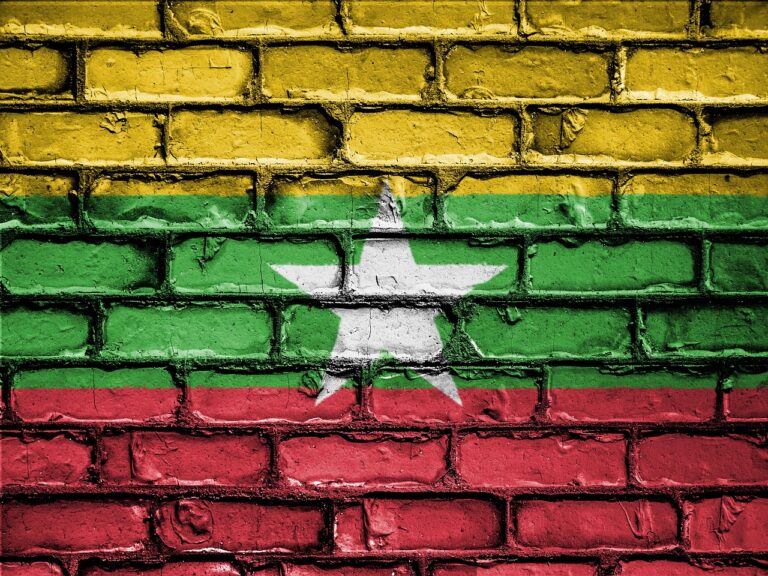
A new political force is emerging in Bangladesh, driven by the activism of students and young people amid the country’s struggles. Their efforts culminated in the resignation of Prime Minister Sheikh Hasina, who fled to India on August 5, 2024. The new party, named the Jatiya Nagorik Party (National Citizens’ Party), will be officially launched today, February 28, 2025, in Dhaka. Nahid Islam, who recently left his position in the interim government led by Nobel laureate Professor Muhammad Yunus, is poised to take on the role of convener for the JNP/NCP, to realize the vision for a new Bangladesh.
Professor Yunus, currently serving as the chief adviser to the caretaker government, received an invitation to the inaugural event from a group of student leaders who met with him the previous evening to seek his blessings for their new initiative. The octogenarian banker turned social business preacher turned interim government chief assured the young leaders that a conducive environment would be established for all political parties to participate in the national elections, contributing to the development of a peaceful and progressive nation. Other interim government advisers, officers, diplomats, professionals, civil society representatives, political party leaders, common people (who were involved in the Monsoon Uprising) are also invited for the programme.
Bangladesh is currently engulfed in socio-political unrest as the administration led by Professor Yunus is determined to pursue legal action against the former Prime Minister Sheikh Hasina. A recent UN report has painted a grim picture of the violence inflicted on protesting students and ordinary citizens by the previous Hasina-led government, which has emboldened calls for her return to face justice. Recently, Prof. Yunus visited several clandestine prisons in Dhaka, notorious for being used by Hasina to intimidate her political rivals during her lengthy 15-year rule. This visit aims to gather more evidence to support the case against the ousted leader and her associates. Hasina is currently facing numerous criminal charges in Bangladesh, and the government in Dhaka has already requested New Delhi to extradite her for trial.
As New Delhi has not yet responded to the request, the Yunus administration is considering seeking international intervention. Recently, the International Crimes Tribunal (ICT) issued arrest warrants for Hasina and several others, accusing them of crimes against humanity and genocide. The ICT was initially created by Hasina to prosecute pro-Pakistani elements from the 1971 Liberation War, but it is now being turned against her by the current government. In recent days, some Indian citizens have voiced their desire to send Hasina back, referencing the extradition treaty established in 2013 and revised in 2016 between India and Bangladesh. They are also calling for the deportation of millions of undocumented Bangladeshis and Rohingya immigrants residing in India, drawing parallels to actions taken by the US government in Washington DC. Critics argue that granting Hasina permanent asylum would only worsen relations between India and Bangladesh.
The recent comments made by Bangladesh’s military chief, Waker-Uz-Zaman, have sparked significant international media interest as he openly criticized various factions for their internal conflicts. Some political analysts interpreted his remarks as a veiled threat to the interim government, despite his public praise for Prof Yunus’s efforts to foster unity. Waker emphasized the need for a free, fair, and comprehensive election this year, contingent upon essential administrative and democratic reforms in Bangladesh. He voiced concerns over the worsening law and order situation, highlighting that criminals seem to operate with impunity from government authorities.
In light of recent political events, United Nations Secretary-General Antonio Guterres is set to visit Bangladesh from March 13 to 16, following an invitation from Professor Yunus. Guterres has previously pledged to advocate for the Rohingya people, who have sought refuge mainly in Cox’s Bazar, having been forcibly displaced from Myanmar’s Arakan (Rakhine) State. This marks Guterres’s second visit to Bangladesh, the first being in 2018 shortly after he assumed his role at the UN. He has expressed his alignment with Professor Yunus’s concerns regarding the repercussions of the Rohingya crisis on both Bangladesh and the broader region.
*Senior journalist






